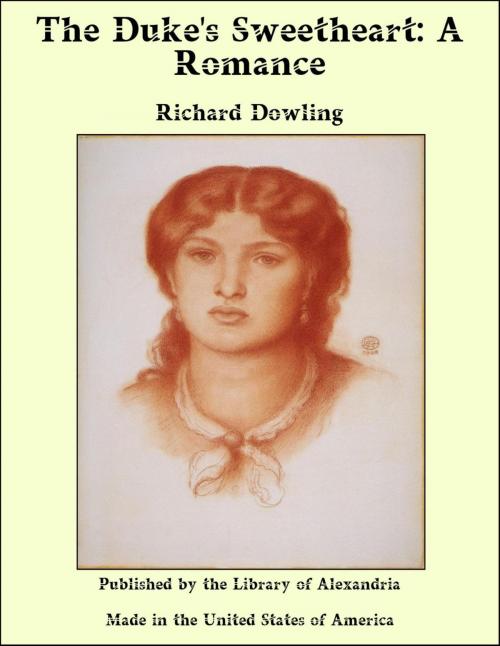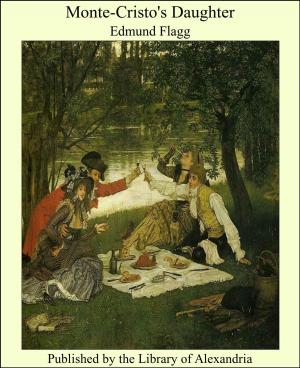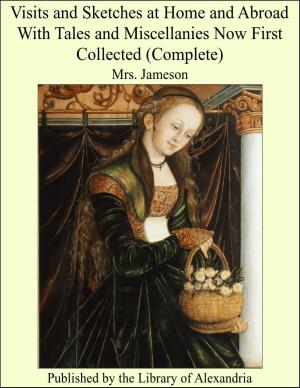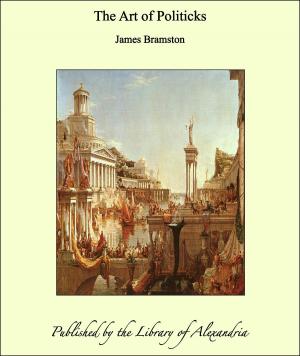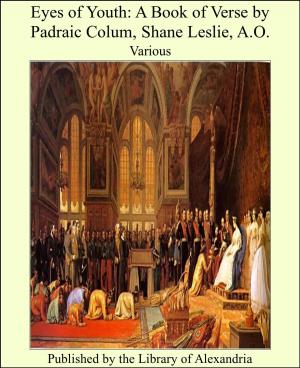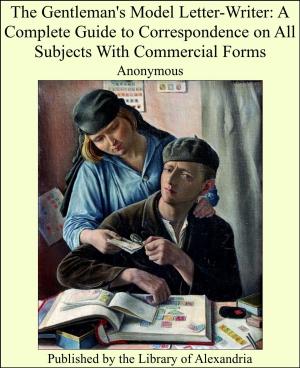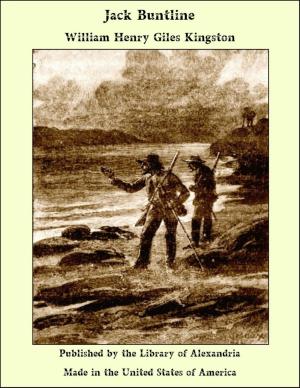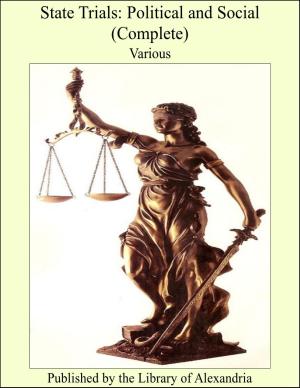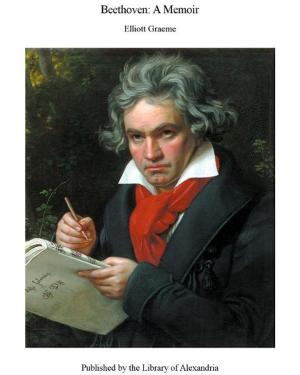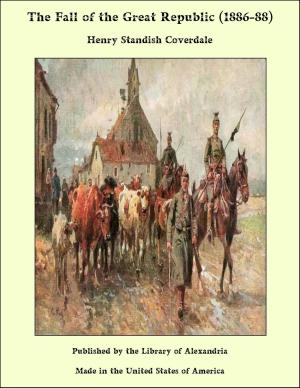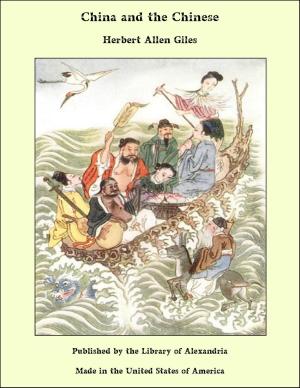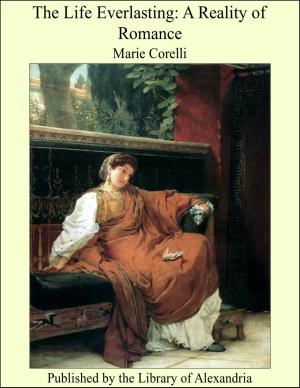The Duke's Sweetheart: A Romance
Nonfiction, Religion & Spirituality, New Age, History, Fiction & Literature| Author: | Richard Dowling | ISBN: | 9781465575401 |
| Publisher: | Library of Alexandria | Publication: | March 8, 2015 |
| Imprint: | Language: | English |
| Author: | Richard Dowling |
| ISBN: | 9781465575401 |
| Publisher: | Library of Alexandria |
| Publication: | March 8, 2015 |
| Imprint: | |
| Language: | English |
Charles Augustus Cheyne, Duke of Long Acre, had no land. Neither in the United Kingdom nor in any other state of earth did he own a perch of ground. He did not own mines or railways, or Consols, or foreign or domestic stock of any kind. All the money he had was the result of his own industrious fingers, of his own industrious brain. Neither the Heralds' College nor the Lord Chancellor had ever heard of the Duke of Long Acre. The title was one purely of courtesy, conferred upon him by his peers, who were no peers of the realm, but untitled citizens of the Republic of Letters. If he was no duke, he would have furnished sufficient material for making two dukes of satisfactory size, as dukes go now. He was six feet tall, measured fifty inches round the chest, and forty-two round the waist. He had a large, beaming, good-humoured face. He wore no hair on his face; the hair of his head was of a dull dun colour, and always closely cut. No one could remember the colour of his eyes. He was reported to be the strongest and best-tempered man in Fleet Street. He could bend a kitchen-poker into a triangle, and bend it back again, so that one would scarcely notice it had ever been out of shape. He had never struck a man in anger, although he had been often sorely provoked, and more than once absolutely assaulted. On an occasion when a powerful rough attacked him, late at night, in one of the western squares, he had closed with his assailant, caught him round the body, first pinned one hand down, and then the other. Having given his prisoner a good squeeze, which nearly crushed the rough's ribs flat, Long Acre carried the man across the roadway, tossed him over the railings among some shrubs, and walked away. He was never known to curse or swear, or borrow money, or drink too much. His honour was above impeachment; he had never done anything mean or low or shabby. He was a gentleman in the perfect meaning of the word. He dressed in good taste; his clothes always looked fresh, although his coat was often far from new. He walked with the gait of one who would willingly stop to do a favour or lend assistance. He was sufficiently, not oppressively, attentive to women; when men were talking he would always step in gallantly to the rescue of a fair fame. He was loyal to his friends; he would have been forgiving to his enemies, if there were any, but none existed. He made friends very quickly. "I want all the friends I can make," he would say, "for I haven't a single relative alive."
Charles Augustus Cheyne, Duke of Long Acre, had no land. Neither in the United Kingdom nor in any other state of earth did he own a perch of ground. He did not own mines or railways, or Consols, or foreign or domestic stock of any kind. All the money he had was the result of his own industrious fingers, of his own industrious brain. Neither the Heralds' College nor the Lord Chancellor had ever heard of the Duke of Long Acre. The title was one purely of courtesy, conferred upon him by his peers, who were no peers of the realm, but untitled citizens of the Republic of Letters. If he was no duke, he would have furnished sufficient material for making two dukes of satisfactory size, as dukes go now. He was six feet tall, measured fifty inches round the chest, and forty-two round the waist. He had a large, beaming, good-humoured face. He wore no hair on his face; the hair of his head was of a dull dun colour, and always closely cut. No one could remember the colour of his eyes. He was reported to be the strongest and best-tempered man in Fleet Street. He could bend a kitchen-poker into a triangle, and bend it back again, so that one would scarcely notice it had ever been out of shape. He had never struck a man in anger, although he had been often sorely provoked, and more than once absolutely assaulted. On an occasion when a powerful rough attacked him, late at night, in one of the western squares, he had closed with his assailant, caught him round the body, first pinned one hand down, and then the other. Having given his prisoner a good squeeze, which nearly crushed the rough's ribs flat, Long Acre carried the man across the roadway, tossed him over the railings among some shrubs, and walked away. He was never known to curse or swear, or borrow money, or drink too much. His honour was above impeachment; he had never done anything mean or low or shabby. He was a gentleman in the perfect meaning of the word. He dressed in good taste; his clothes always looked fresh, although his coat was often far from new. He walked with the gait of one who would willingly stop to do a favour or lend assistance. He was sufficiently, not oppressively, attentive to women; when men were talking he would always step in gallantly to the rescue of a fair fame. He was loyal to his friends; he would have been forgiving to his enemies, if there were any, but none existed. He made friends very quickly. "I want all the friends I can make," he would say, "for I haven't a single relative alive."
